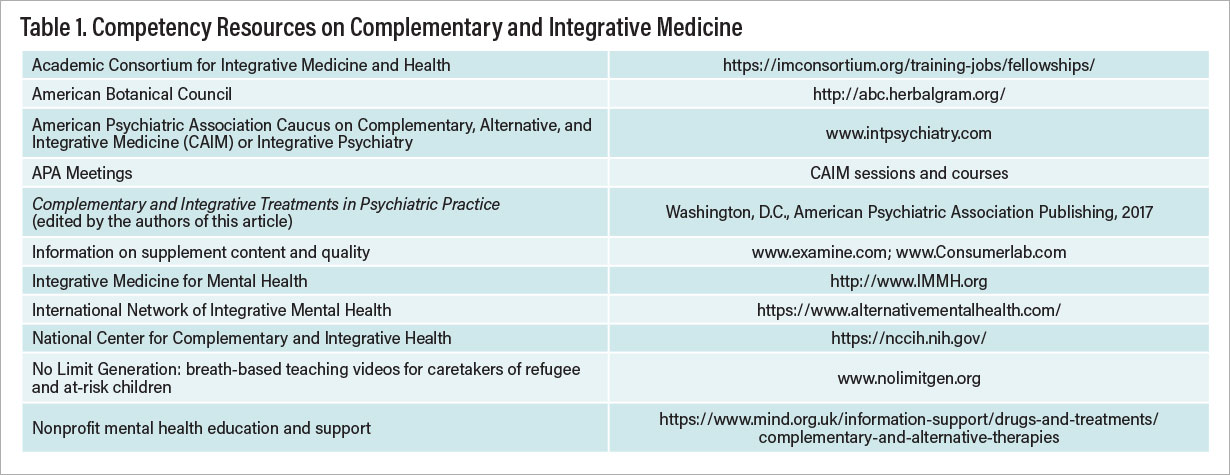
Yoga heart opening poses can be a great way to improve your emotional and physical well-being. If your heart chakra is blocked, it will be difficult to forgive, love, or let go. This could lead to emotional instability. If your heart is open, warmth and love radiate from within. You will also discover endless possibilities. Here are some home poses. This article will demonstrate how to open the core of your being.
The American Heart Association recommends that you exercise at least 30 minutes each day to reduce your risk of developing cardiovascular disease. According to the AHA, you should do aerobic activity for 25 minutes three times per week or 75 minutes. Exercises such as Yoga are beneficial for the heart because they're easy on the joints, and the benefits of a healthy heart beat go far beyond reducing stress. It actually increases HRV, or Heart rate variability. This is the measure of how your body reacts to changes within your autonomic nervous. A high level of HRV is associated with a lower rate of cardiac arrhythmia.

The Yoga for Heart pose resembles a chair, and is a great way to stimulate the heart. The chest area is stretched during this pose, which requires a lot of determination and concentration to complete. Begin by standing erect, spread your arms out and face your palms upward. Bend your knees, and hold this position for as long as you can. To make this pose more manageable, you can always modify it.
Yoga postures can stretch the muscles, making them more sensitive and able to use insulin to regulate blood sugar. Meditation and breathing techniques can help lower blood pressure. They can also be helpful for those with existing heart issues. Yoga postures may improve heart health by improving cardiovascular health. To improve your overall health, you can practice asanas or do asanas. Don't wait!
The Yoga heart is one of the most important parts of the body. It regulates blood flow and improves circulation. The practice of yoga has also been found to decrease the risk of stroke. It can prevent strokes by strengthening the heart. The Yoga Heart can help you avoid a stroke. The practice does not replace medical treatment but can help prevent strokes.

Recent research has shown that yoga is good for the heart. Yoga has been proven to improve flexibility, energy and mood. There are also a variety of benefits to the body. It improves flexibility and decreases stress. It's also good for your heart. It is a great way for people to remain mentally sharp and have more energy. It is good for your heart health.
FAQ
Is it true that kidney stones can be caused by overeating protein?
Protein is essential for healthy bones and tissue. However, too much protein can result in calcium excretion through the urine. This can lead to kidney stone formation.
It is important that you note that not all people develop kidney stones when they consume more than 2 grams of protein per kg (2.2 pounds). Some people can eat high amounts of protein without getting kidney stones.
Watching your sodium intake can help prevent kidney stones. Sodium regulates the body's water balance. Too much sodium results in a higher risk of developing kidney stones.
If you have kidney stone, you might also consider reducing your protein intake. Protein provides about half of the daily caloric needs for most adults. It is possible to lose weight by cutting down on your intake of proteins.
If you do decide to eat more protein, don't go overboard. You should aim to consume less than 20% of your total calories from protein.
Do I need to exercise every day?
No! You should do at least 30 mins of moderate-intensity activity 5 days per week. It means you need to exercise hard enough or walk fast enough that you are slightly out-of- breath.
What is the purpose of milk for men?
When you next buy milk, think of other uses. You may also benefit from consuming less coffee.
Both children and adults have been shown to benefit from milk. Milk contains nutrients like vitamin D. Calcium, potassium, phosphorous, magnesium, and other essential nutrients.
It is also good for digestion and bone strength. Adults who consume dairy products tend to have fewer illnesses and better immune systems.
Milk is also rich in lactose, so people who cannot digest this sugar easily can enjoy its benefits without experiencing stomach problems.
You can drink more milk than you would soda or juice. Drinking milk with more calcium and vitamin A can help to strengthen your teeth.
If you don’t like milk's taste, you can make your yogurt with plain low fat milk. Yogurt, which is lower in calories but higher in protein, is a great option to milk.
Probiotics are also found in yogurt, which help with digestion and boost immunity.
Warm milk can help you sleep better if you have trouble falling asleep. Warm milk relaxes muscles and increases serotonin levels, helping you get a good night's rest.
What is the best workout routine to build muscle?
Two main types of exercises are required for building muscle mass. These are isolation exercises and compound moves. Isolation exercises target specific muscles while compound moves focus on multiple groups at once.
Choose exercises that test all your major muscle groups to improve your workouts. This will ensure that you work hard every session.
MyFitnessPal can help you keep track of your activity. It allows you log everything, including calories burned and weight lifted. You can also create custom meal plans based on your goals.
How often should I exercise each week?
It depends on how much time you have available and what type of exercise you prefer. It's a good idea to do moderate-intensity aerobic exercises 3 - 5 times per week. You shouldn't do too much. Consistent exercise is essential to achieving maximum benefit from your workouts.
Which exercises work best for you?
It really depends on what kind of fitness goals you have. Some people prefer endurance sports like swimming, cycling, or running. Others enjoy lifting weights or using resistance bands. There are so many different types of exercise programs available today. Choose an option that suits your lifestyle.
Statistics
- An estimated calorie range for moderately active adult males falls between 2,200 to 2,800 calories per day, depending on age. (eatright.org)
- According to the American Heart Association, blood pressure should be checked at least once every two years, beginning at age 20. (my.clevelandclinic.org)
- Candidates and applicants must pass all four tests at 70% (minimum level) to graduate from Basic Deputy U.S. Marshal (BDUSM) Training. (usmarshals.gov)
- Cardmembers earn 5% Back at Amazon.com with a Prime Credit Card. (amazon.com)
- Get free shipping and 25% off today. (healthline.com)
External Links
How To
What nutrients do men need each day?
Daily nutrition is essential for men's healthy growth. Vitamins, minerals, vitamins, nutrients, carbohydrates, fats and fiber are all essential for the body.
The male body also requires specific nutrients at different times throughout the day. You can see that your body uses energy to make hormones. Protein is needed to build muscles and repair tissue damaged when you wake up.
Your body will burn fat at night and store the extra energy as a form of glycogen. Your body still requires sufficient nutrients and calories even though it needs less calories. If you feel hungry, you may consider having a snack during the evening.
You need to eat enough carbs and protein when you exercise. You may feel sore muscles if you exercise hard.
To prevent this, you must consume carbs and protein within 2 hours of training. Your body will break down stored glycogen to provide glucose for energy.
You must also eat protein right after you finish your workouts. This prevents muscle tissue being destroyed while you're sleeping.
Your body produces lactic acid during high levels of physical activity. It builds up in your bloodstream, which can lead to fatigue. Avoid this by eating foods rich in carbohydrates such as fruits or vegetables.
Carbohydrates can give your body the energy it requires to recover from intense exercise.
Additionally, lean meats, fish and eggs, dairy products, yogurt, cream, cheese, yogurt and beans can be added to your diet.
All of these foods contain high quality protein. Protein promotes muscle growth, and helps repair damaged tissues. Protein also supplies the amino acids your body requires to make sex hormones, such as testosterone.
For healthy skin, hair and joints, it is important to eat enough fats. Healthy men require between 20% and 35% of total caloric intake from fat.
Fat protects your heart from cancer and keeps it strong. Your brain also functions properly thanks to fat.
Vegetable oils such as sunflower oil and soybean oil can provide most of your fat needs.
These oils have high amounts of monounsaturated oil fatty acids, (MUFAs). MUFAs help lower cholesterol and reduce inflammation. They protect cells against damage from free radicals.
Saturated fats (SFAs) are found mostly in animal products like meat, dairy products, and butter. SFAs increase LDL ("bad") cholesterol, and increase triglycerides. They also promote weight gain and belly fat.
Polyunsaturated oil (PUFAs), which are plant-based, can be found in vegetable oils, nuts seeds, grains, and other plant-based products. PUFAs reduce inflammation and improve cardiovascular function. They are also good for controlling blood sugar and cholesterol.
Erectile dysfunction can often be a problem for men who have low HDL ("good") levels of cholesterol. Saturated fats are a major source of bad cholesterol. This lowers good cholesterol.
Men who eat lots of red meat or pork can develop prostate problems. This is because these foods contain high amounts of nitrates. High temperatures can cause nitrates to become nitrosamines. These compounds can cause cancer.
Many processed meats are high in nitrites, and other dangerous chemicals. These chemicals should be avoided.
According to the American Heart Association, you should limit your consumption of red meat to no more that 2 meals per week. Choose poultry, fish and legumes instead.